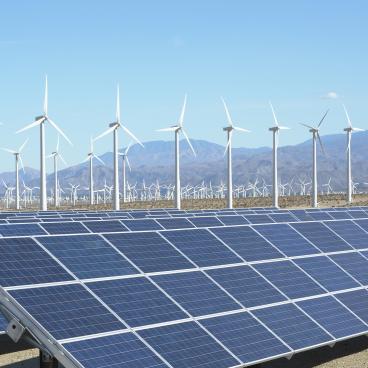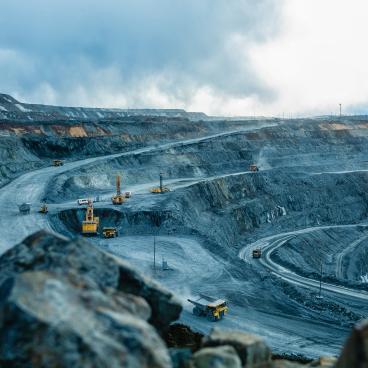

Introduction
Foundations for Research and Insights
Ken Medlock offers a brief history of the Center for Energy Studies and an overview of its data-driven, cross-cutting research on the forces propelling energy market evolution.

Electricity Markets & Policy
1. What’s on the Horizon for Electricity in Texas?
The challenges faced in the Texas electricity market are well publicized, but not insurmountable. Julie A. Cohn presents key findings and recommendations to address concerns about the reliability of the Texas energy grid. Several issues to watch have bearing on the state’s economy and the well-being of its population. Moreover, the outcomes of proposed policies to address various issues carry implications for electrification and the deployment of renewable energy well beyond Texas.

Energy & Geopolitics in Eurasia
2. Reality Is Setting In: Asian Countries to Lead Transitions in 2024 and 2025
Gabriel Collins discusses how global events and rising energy demands are impacting Western-led energy transition efforts, with developing Asia taking a lead. The evolution of the global economy, the energy system that fuels it, and policies shaping regional directions all have ramifications for countries that have been economic stalwarts.
3. So Much for German Efficiency: A Warning for Green Policy Aspirations?
Ted Loch-Temzelides discusses how Germany, once Europe’s economic leader, is now struggling with high energy prices and poor economic performance. This is bringing a new focus on controversial energy policies, including an emphasis on specific energy types, a reliance on Russian gas, and the closure of nuclear plants.
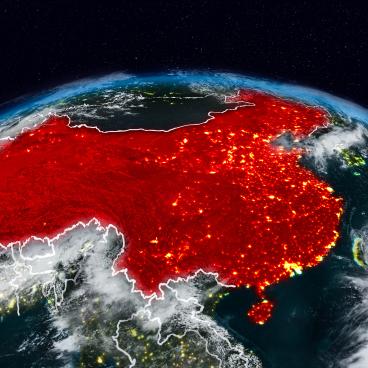
Map: China’s Energy Infrastructure
See more
Energy & Geopolitics in the Middle East
4. Middle East Outlook: The Energy Transition Roils the Land of Oil
The Middle East remains a vital supplier of oil and gas resources, but it could begin to take on a different role. Jim Krane discusses the region’s emerging energy strategies in light of energy transitions, highlighting challenges and opportunities for decarbonization.
5. Gulf States Energy-Water Cooperation
Osamah Alsayegh discusses how the recent Iran-Iraq gas deal and the reestablishment of Iran-Saudi Arabia relations signal increased regional cooperation in the Persian Gulf to tackle energy and water challenges, despite geopolitical pressures and U.S. opposition.
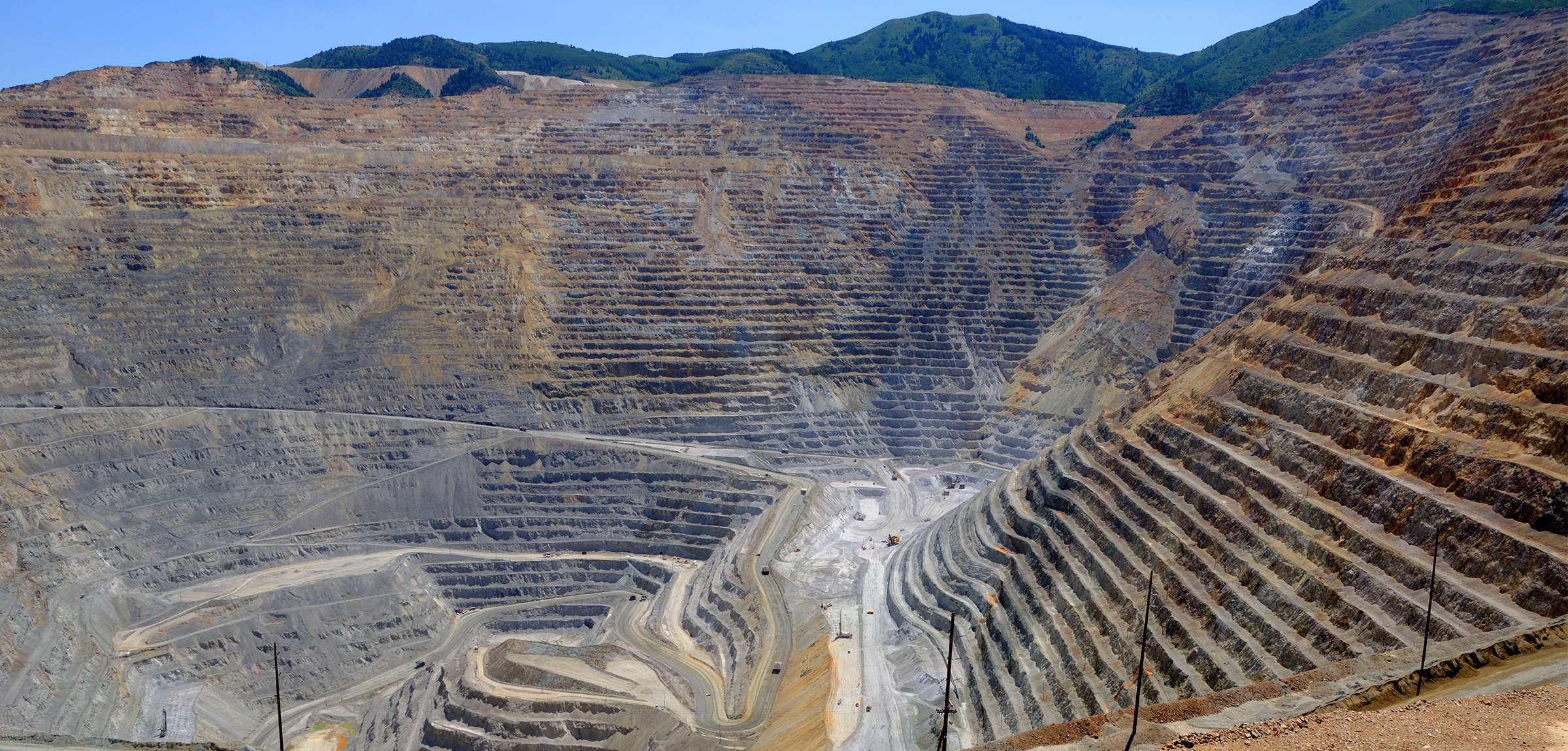
Latin American Energy
6. Latin American Oil Production: A Rosy Outlook, for a Change
After seven years of steady decline and an accumulated drop of 25%, Latin America’s crude oil production has recovered by more than 9% over the past two years, thanks to significant growth in Guyana and Brazil and smaller increases in Argentina and Venezuela. Francisco J. Monaldi walks us through these developments and what could be ahead for the region.
7. Critical Minerals in Latin America
The Latin American does not stop with hydrocarbons: It extends into metals and minerals as well. The demand for critical minerals such as copper and lithium is projected to at least double by 2030. Tilsa Oré Mónago discusses the role of South America in responding to the growing demand for critical minerals in light of clean energy transition plans, as well as the challenges to be faced in doing so.

Energy, Minerals & Materials
8. Slicing the Gordian Knot on Energy, Minerals, and Materials Outlooks
The link from resource endowment to profitability is intimately tied to the full supply chain. In the U.S., concern about market concentration in China is motivating policy intervention to reorient supply chains in the interest of energy and national security. This is not without its obstacles, however. Michelle Michot Foss discusses how new U.S. laws intersect with the challenges of aligning materials supply chains with green energy goals amid political and economic pressures.

Global Natural Gas
9. LNG: A Bridge to … Where?
Energy transitions also connect to developments in natural gas and oil markets, both of which still receive significant attention from policymakers. Steven R. Miles explains that despite numerous challenges, global reliance on liquefied natural gas (LNG) has continued to expand. Thus, future trends will be shaped by trade dynamics, geopolitical factors, regulations, and U.S. policies. LNG is important for the global energy balance, and increasing demand for natural gas means the long-term outlook for U.S. LNG exports remains bright, despite the recent LNG permitting pause by the U.S. Department of Energy.

Global Oil
10. Outlook for Oil: What to Expect in 2024–25
Despite its uncertain future in the context of energy transitions, oil remains the largest global energy source, and oil markets will continue to demand attention in the near term given their economic and geopolitical impacts. Mark Finley discusses global oil production, demand, and implications.
11. The Fed Watcher’s Guide to Oil Markets in 2024 and 2025
Mahmoud A. El-Gamal discusses the importance of U.S. monetary policy changes and oil markets. He highlights the relationships among interest rate movements, the behavior of traders, and oil price formation to argue the importance of watching Federal Reserve actions when analyzing the market for oil.

New Energy Technologies
12. Engines of Change: Innovation and Growth
Ken Medlock highlights the importance of supply chains and legacy infrastructures for the success of new technologies and stresses the role of coordination along supply chains to drive value. A holistic awareness of economics, politics, regulation, and resource scarcity is critical for developing market structures that support investment for effective decarbonization.
13. AI and Energy: Advanced Tools for Knowledge Discovery
Emerging artificial intelligence (AI) tools could prove an important contributor to successfully decarbonizing energy. Christopher Bronk discusses how they can enhance our ability to process and understand extensive data streams in energy, policy, technology, and geopolitics, which could transform the way we process information and assess regional and global situations in real time.
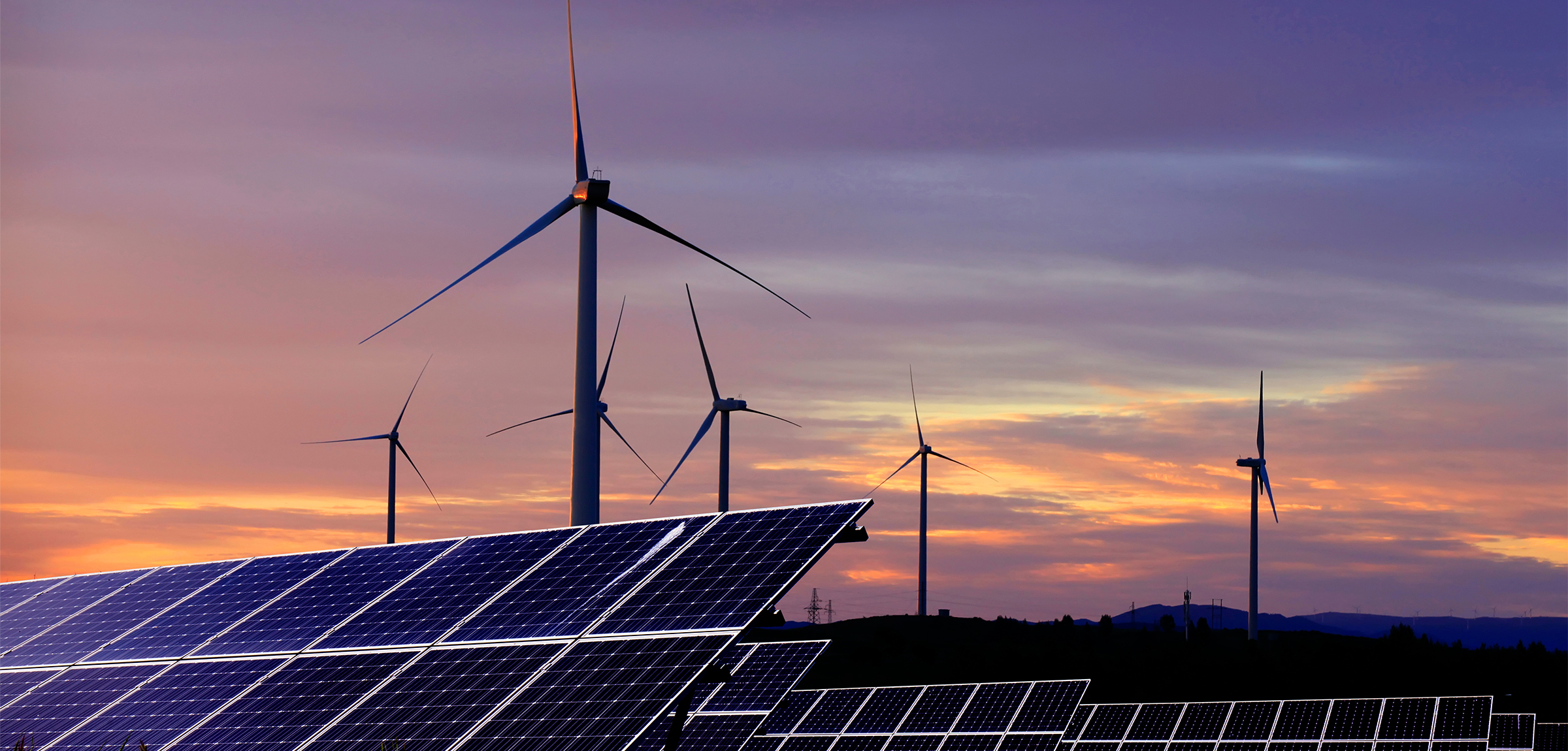
Sustainability & Resilience
14. Reimagining Sustainability: A Systems Approach for a Resilient Future
Rachel A. Meidl discusses why sustainability requires an approach that includes environmental, social, and economic factors across the entire supply chain spanning the life cycle of energy systems. Sustainability must move beyond a narrow focus on carbon metrics to address broader impacts and drive innovation. As companies emphasize sustainability imperatives, life cycle management will become increasingly important.

Transportation
15. Fueling Transportation Is Becoming More Complex
The transportation industry is squarely impacted by energy transitions. Ed Emmett discusses the importance of a nation’s transportation system for its economic health, much like a circulatory system is critical for the health of the individual. Shifting to new transportation energy sources poses challenges because, in some applications, it requires not just a change in the technology embodied in the mode of transportation, but an overhaul of the entire system. Each mode of transportation — from cars to shipping fleets to planes — faces different constraints that impact the economic viability of different fuel sources and methods of scaling.
Subscribe to CES
For insights delivered monthly to your inbox, subscribe to Energy 360, a digest of the latest research, commentary, and events from the Baker Institute Center for Energy Studies.

